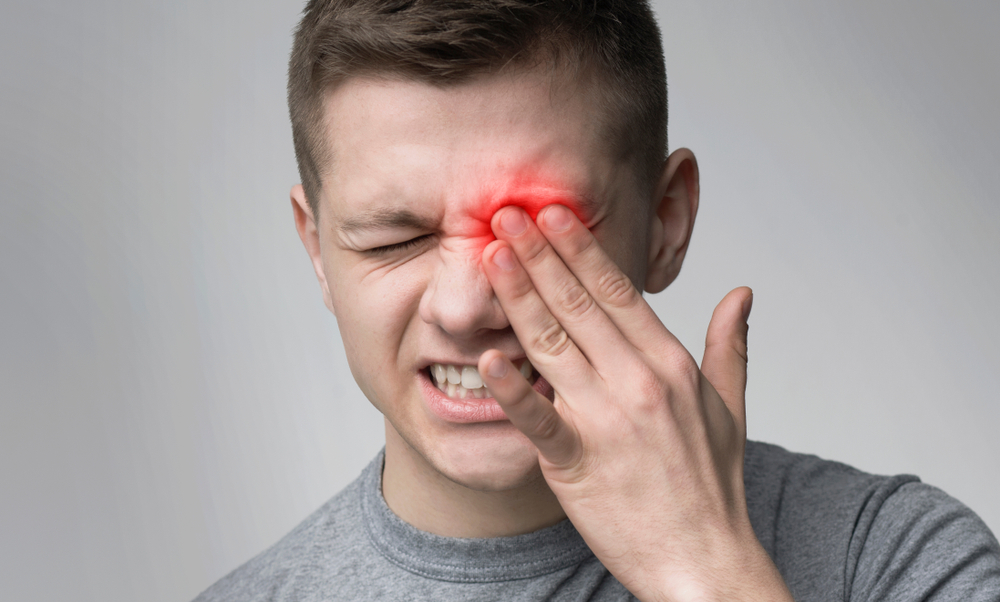Eye emergencies are relatively common given that the eyes are constantly exposed to potential harm. In many cases, eye emergencies involve a large foreign body in the eye capable of damaging the eye surface, splashing chemicals in the eye, or an injury.
The situation is not always dire, so knowing the difference can tell you what to do. Understanding the difference between a superficial injury and an eye emergency is the line between saving and losing your vision.
What Are the Signs of an Eye Emergency?
There are many types of eye emergencies, with equally varying symptoms. But if you experience the following symptoms, you will likely deal with an eye emergency requiring urgent medical care.
Stinging or burning
Vision loss
Eyes that are not moving in sync
Differently sized pupils
Pain in the eye
An eye that is bulging or sticking out
A sudden decrease in the quality of vision
Double vision
Sudden sensitivity to light
Irritation and redness
Bleeding eye
Bruising of the tissues surrounding the eye
Abnormal discharge from the eye
Blood in the sclera or white part of the eye
New or intense headaches
Severe or excessive itching
What Are Some Common Eye Emergencies, and How Should You Respond?
Eye injuries can cause serious complications; your response is essential to preserving your vision. You must avoid doing any of the following if you have an eye injury or emergency:
Apply pressure or rub your eye
Removing objects that may have lacerated or perforated your eye and are still stuck
Using any tools in your eye to try and treat yourself
Putting in any medications or ointments in an attempt to treat the injury
The only time it is safe to take out your contact is when a chemical splashes in your eye and immediate medical intervention is impossible.
Emergencies
Chemical Injuries
Chemical or caustic injuries occur when any chemical—including industrial, garden, or home cleaning chemicals—splashes in your eye. These chemicals typically fall under acids or alkalis. The response to each is different.
If acidic chemicals splash in your eyes, quick treatment usually results in good outcomes. Alkaline chemicals, on the other hand, can damage the cornea significantly and even cause vision loss.
If any chemicals splash in your eye, you should thoroughly wash your hands with soap and water to remove chemical residues. Turn your head with the injured eye to the lower side and hold your eyelids open with your hands. Then flush the eye with plenty of water for about 15 minutes. After, get to an emergency room as quickly as possible.
Large Foreign Objects in the Eye
Hard objects that move at high speeds, like glass or metal, can cause much damage when they enter the eye. It would be best not to attempt to touch or remove the object. Instead, seek immediate medical attention. Ensure you move your eye as little as possible. Covering your eyes with a piece of cloth can help. It would be better to have someone accompany you to the emergency room.
For more information on eye emergencies, visit Eyes on Preston Park at our office in Plano, Texas. Call (972) 519-0006 to book an appointment today.












